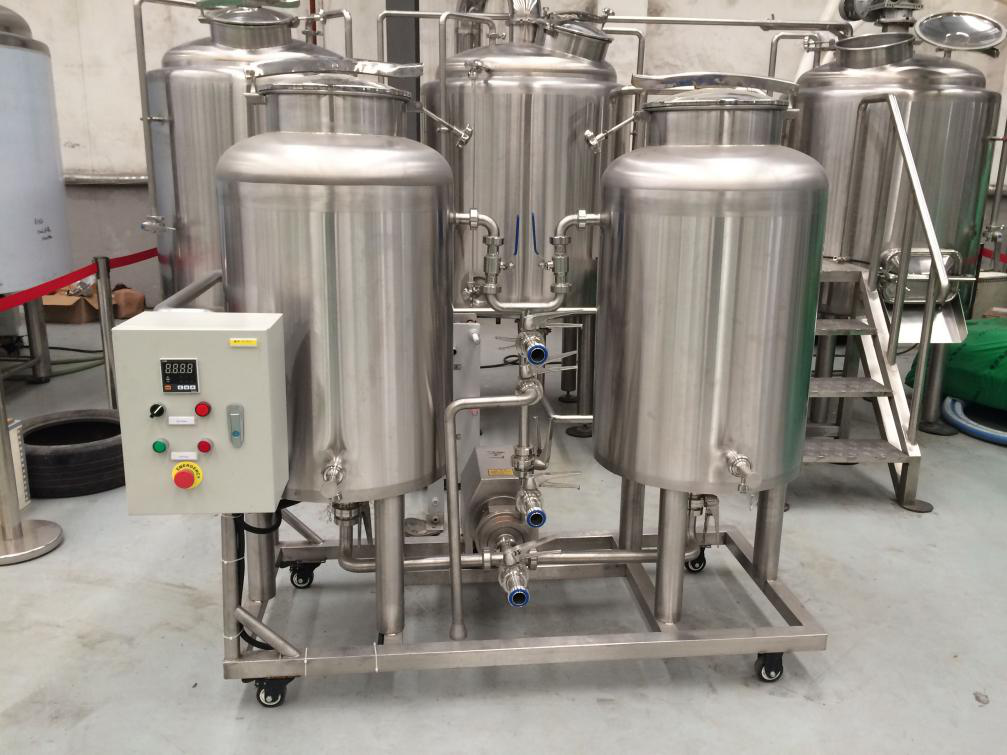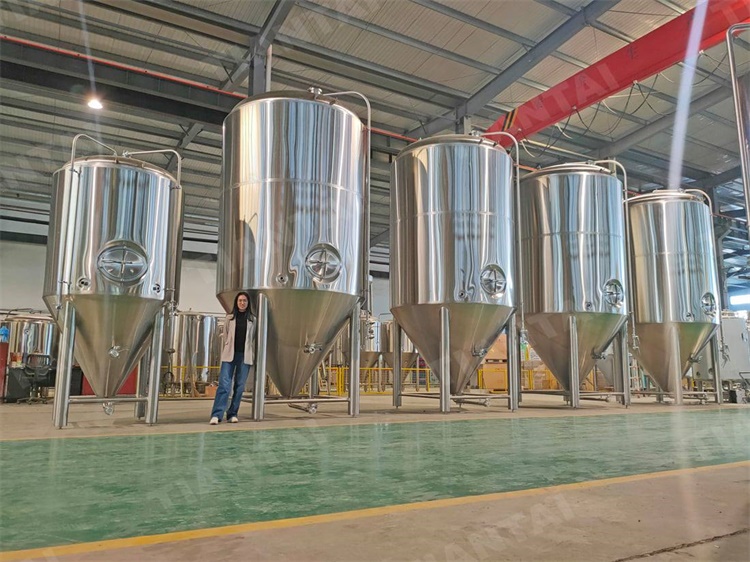1.Develop a Business Plan
Before you begin building your microbrewery, you need to develop a comprehensive business plan. This should include information on your target market, product offerings, financing, marketing and advertising, and operation and management strategies. Your business plan will serve as a roadmap for your brewery and help you stay on track as you build and grow your business.
2.Determine your target market
Knowing your target market is essential to the success of your microbrewery. This will help you determine what types of beer to brew and how to market your brewery to your desired customer base. You should also consider your local area and the types of beer that are popular in your community.
.jpg)
3.Choose a location
The location of your microbrewery is crucial to its success. You'll want to find a space that is easily accessible, has sufficient space for your brewery, and is in a location that is convenient for your target market. You should also consider the cost of rent and utilities, as well as any zoning or building requirements.
4.Obtain Licenses and Permits
Before you can start brewing and selling beer, you'll need to obtain the necessary licenses and permits. This includes a brewery license, a liquor license, and any other permits required by your local government. Make sure you research the specific requirements for your area and plan accordingly.
5.Purchase Equipment
The equipment you'll need to build a microbrewery will depend on the size and scale of your brewery. You'll need a brewing system, fermentation tanks, bottling or canning equipment, and a keg washer and filler. You'll also need to purchase raw materials such as hops, yeast, and grains.
6.Hire Staff
Once you have your brewery up and running, you'll need to hire staff to help you run the day-to-day operations. This may include a brewmaster, assistant brewers, bartenders, and a sales team. Make sure you hire experienced and knowledgeable staff who share your passion for craft beer.
.jpg)
7.Start Brewing and Selling Beer
With your brewery fully operational, it's time to start brewing and selling your beer. Make sure you follow all the necessary regulations and adhere to best practices in the brewing industry. You should also focus on building relationships with local bars, restaurants, and liquor stores, as well as building a loyal customer base through tasting events and social media marketing.
In conclusion, building a microbrewery is a complex process that requires careful planning, research, and preparation. However, with hard work and determination, you can bring your unique ideas and recipes to the world of craft beer and build a successful brewery.
Tiantai beer equipment can provide you a complete microbrewery system from grist miller machine, brewhouse system, beer conical fermentor, brite beer tank, glycol cooling unit, brewery control cabinet , CIP cleaning unit, beer kegs, keg filling machine, keg rinser machine, beer bottling and capping machine etc. Turnkey brewery project, Tiantai is your honest brewery builders!
Edited By Daisy
[email protected]



.jpg)


Get In Touch